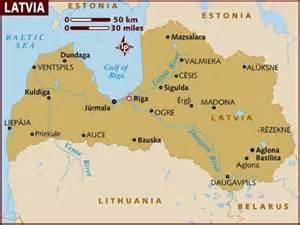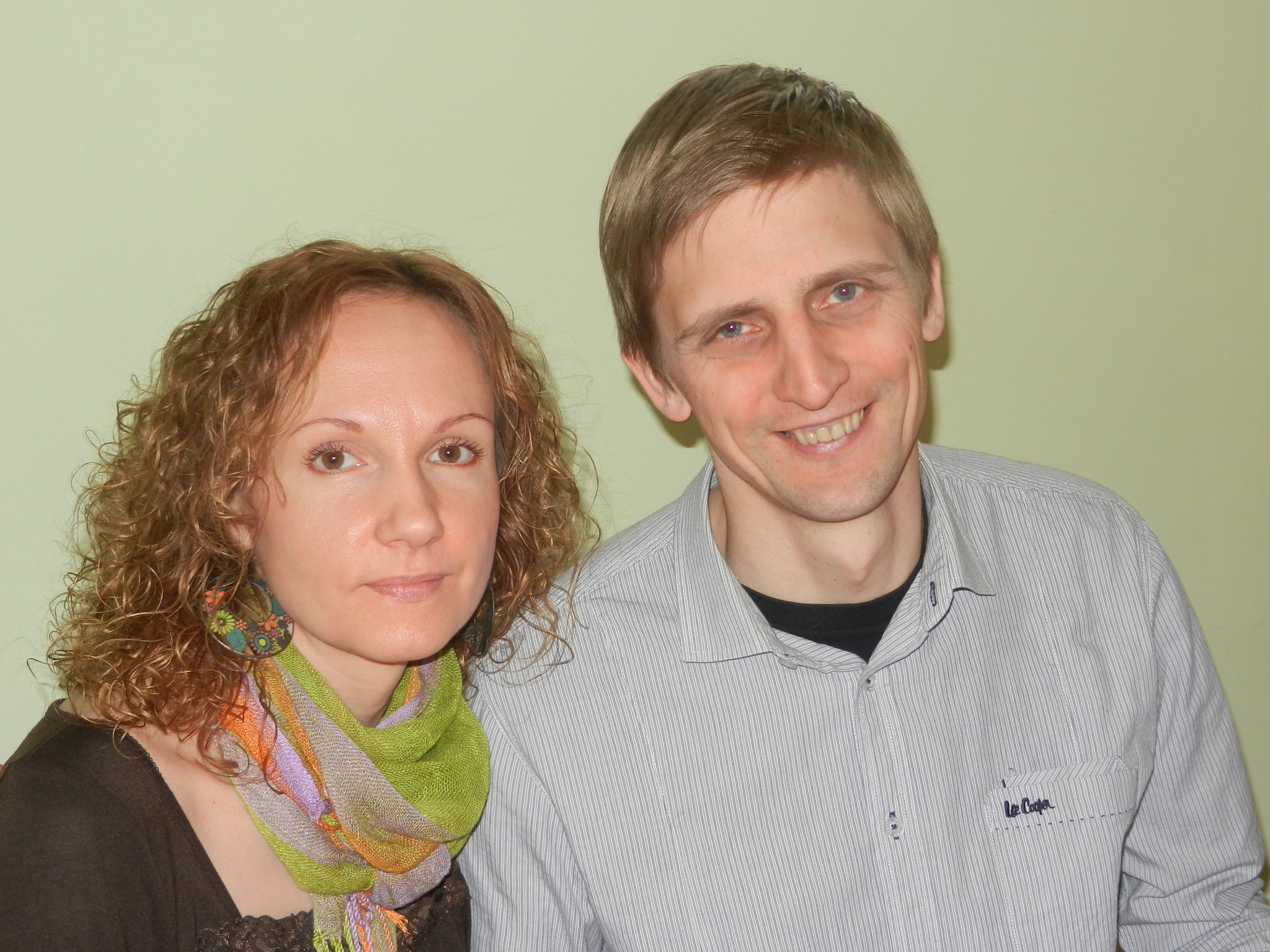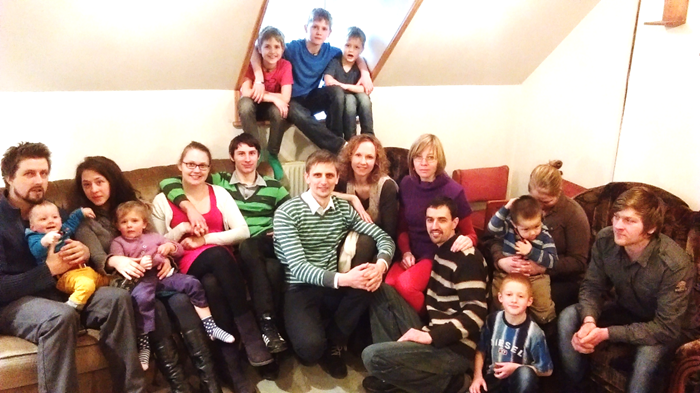Church Planting News from Latvia
Church Planting News from Latvia
The Baptist Union of Latvia has developed an excellent prospect for missions and its vision for church planting is particularly impressive.
 Latvia is populated by about 2,3 million people, more than 60% speak Latvian language, however Russian is also popular. Latvian is derived from an ancient Baltic language and much favored in the country. The confessional structure of this Baltic nation is mainly composed of Lutherans, Catholics, Orthodox and Baptists.
Latvia is populated by about 2,3 million people, more than 60% speak Latvian language, however Russian is also popular. Latvian is derived from an ancient Baltic language and much favored in the country. The confessional structure of this Baltic nation is mainly composed of Lutherans, Catholics, Orthodox and Baptists.
The Latvian Baptists trace their roots to the second half of the 19th century when a significant spiritual revival happened. The date of September 9, 1860 is viewed as the first beginning of the contemporary Latvian Baptist movement and since then many local congregations were established.
The Soviet era brought persecutions when thousands of believers and particularly leaders were deported to the labor camps, church buildings were confiscated and congregations closed down. However hardships didn’t stop the Christians from worshiping God, also lectures in theology were offered and Christian books were printed.
After the collapse of Soviet Union the Latvian Baptists have regained long desired freedom and started dynamic mission work. A Latvian Christian Radio, Publishing House and Union Offices but primarily the Baltic Pastoral Institute found their location in the reclaimed historic building that serves now as the Baptist Center in Riga.
There are 88 local churches in Latvia with a total membership of about 6500. There are also 23 church plants.

Kaspars Sterns, bishop’s associate coordinates the church planting movement in Latvia. He explains that the union’s vision is to build a network of missional and reproducing communities. The vision of mission work overlaps with the church planting. The training program consists of 4 modules of teaching called “M4” as the acronym stands for: Master – Mission – Multiplication – Movement. More details are on the website: http://m4europe.com The M4 Model is based on the personal mentoring and regular conferences for church planters. It includes also an assessment of candidates before their involvement as well as evaluation of their work during involvement. This church planting initiative draws many talented people who discover their calling and passionately involve in ministry.

Ilvars wrote in his recent church planting report: “Last year we celebrated 5 years of our mission work in Ropazi. Open this link to see some pictures and hear stories.
In 2014 we were also honored by a local award „Pride of Ropazi”. We got nominated for our particular engagement in social work, and this prize encouraged us and strengthened our sense of local belonging. It was a special joy to experience the love of many people who congratulated us.
 During last Advent we invited children from the Ropazi School to participate in a national charity program “Star in the East”. The goal was to prepare 3000 gifts to Syrian and Iraqi refugees, and the Ropazi School provided 30 gifts. At Christmas service we had a special prayer of blessing over 7 children and some of them came from Tumsupe where we lead Bible studies, work with children and do social ministry. We are also happy for the development of sports ministry because through this work we make good connections with children and their parents.
During last Advent we invited children from the Ropazi School to participate in a national charity program “Star in the East”. The goal was to prepare 3000 gifts to Syrian and Iraqi refugees, and the Ropazi School provided 30 gifts. At Christmas service we had a special prayer of blessing over 7 children and some of them came from Tumsupe where we lead Bible studies, work with children and do social ministry. We are also happy for the development of sports ministry because through this work we make good connections with children and their parents.
Here are the prayer requests:
- We invite you to pray for the success of events that we plan in Ropazi during 2015: Family Celebration in May, VBS in July, Camp for Teens in August and later a Course for Married Couples.
- Pray for the village of Zakumuiza where we plan to form a missional team based on a group of parents whose children take Christian studies at this school.
- Continue praying for the families who have professed their faith in God but for some reasons do not come to church.
- Pray for Ketrina’s health as she needs physiotherapy to strengthen her organism.”
Photos: Daniel Trusiewicz